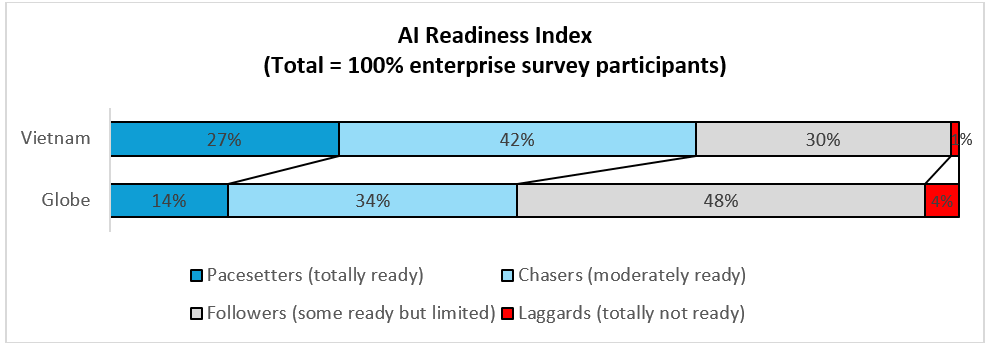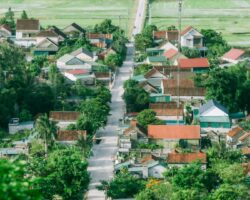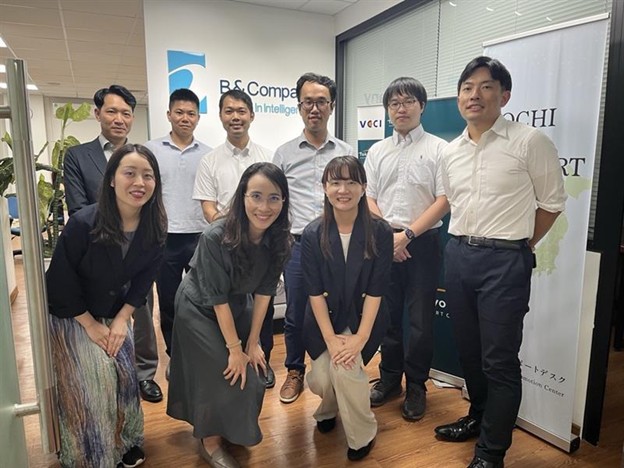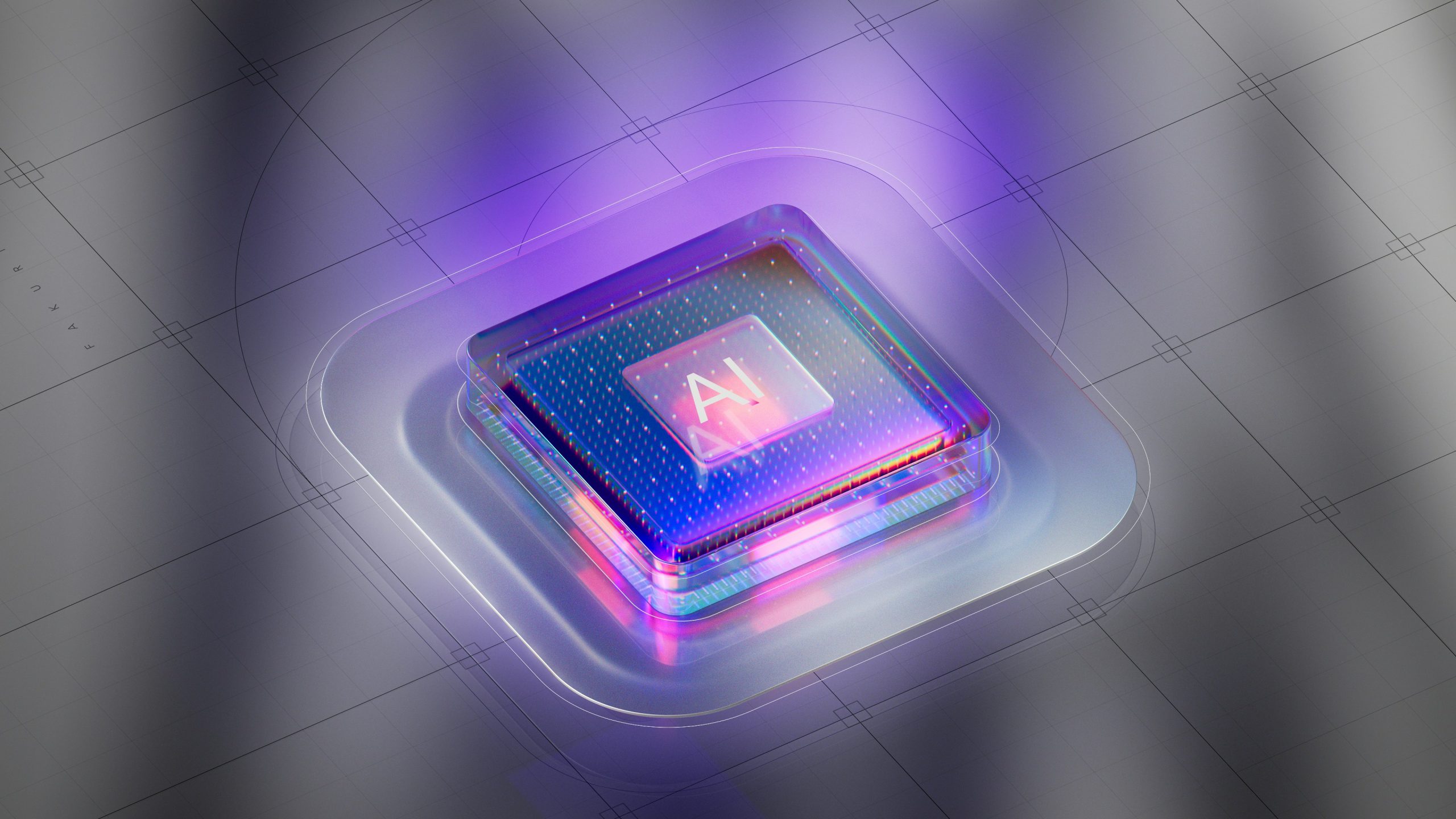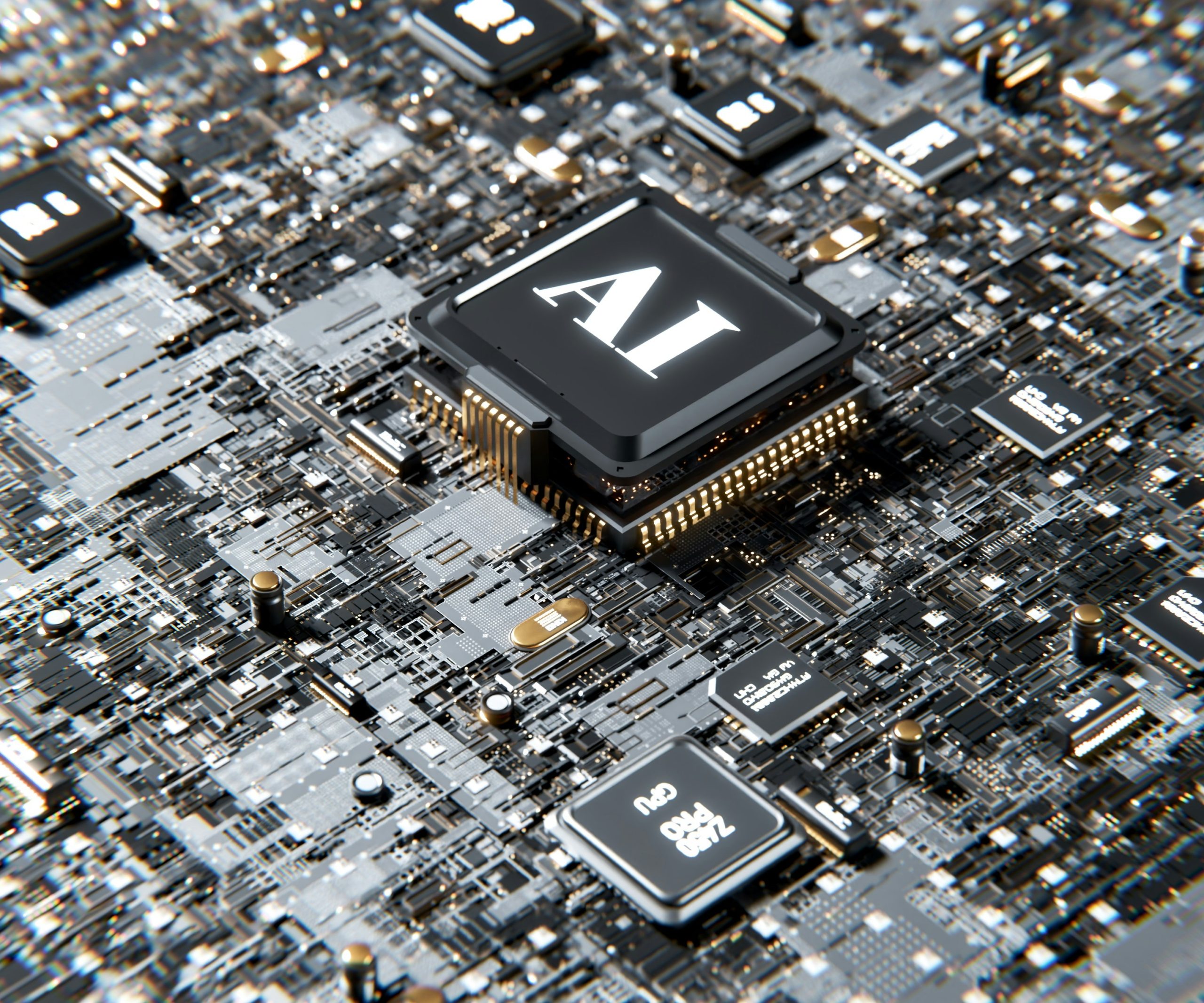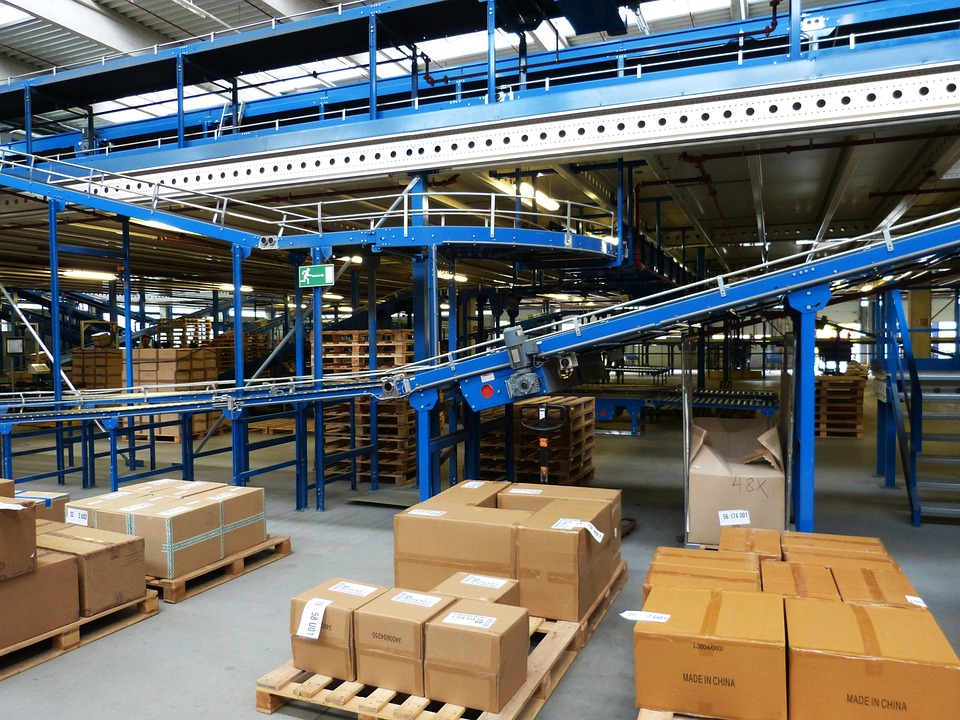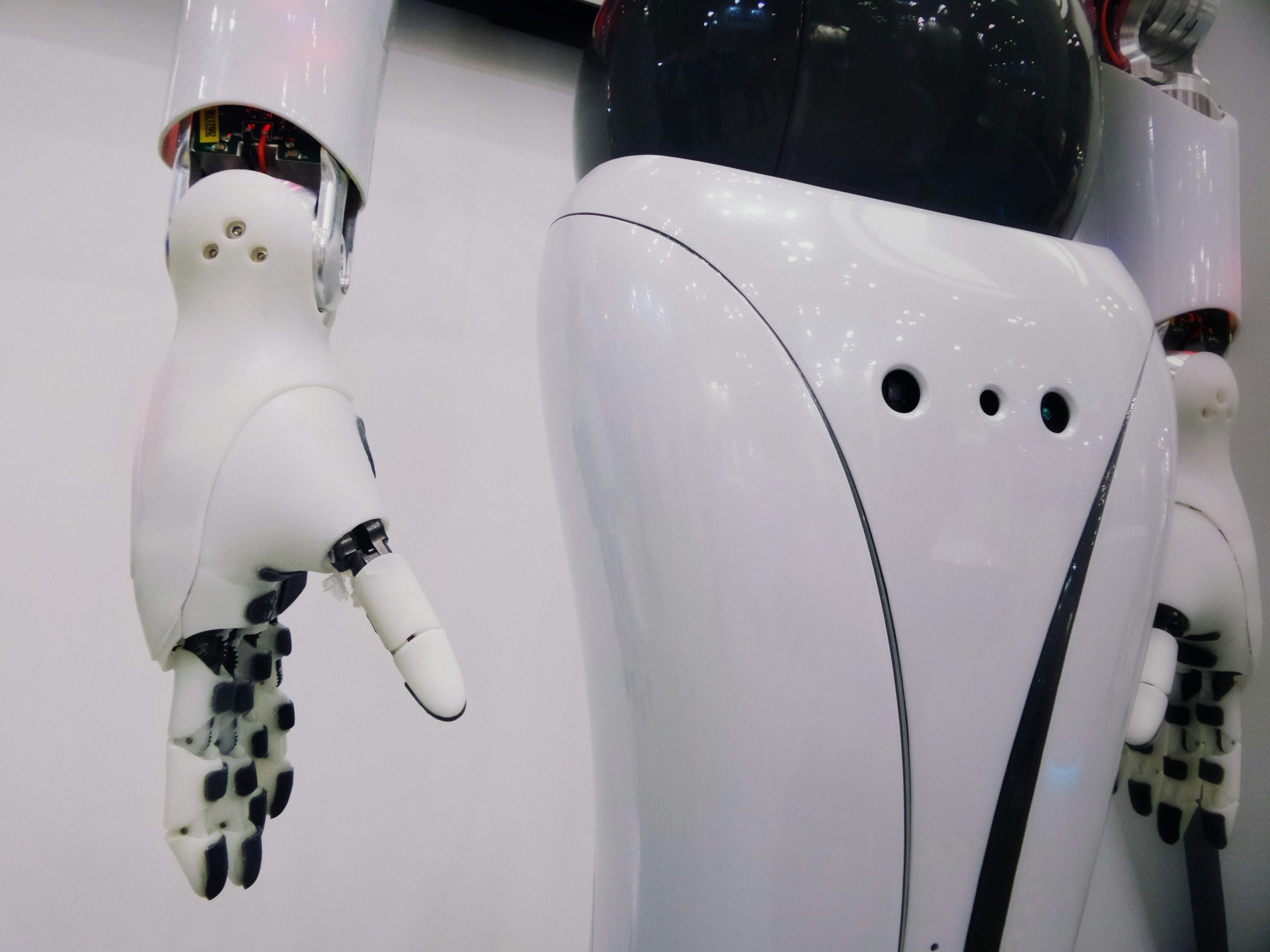
04Dec2024
Latest News & Report / Vietnam Briefing
Comments: No Comments.
Potential of AI in Vietnam
In the past few years, AI has been emerging as one hot topic with profound impacts on multiple socio-economic aspects. Not only providing new powerful tools for work and business, but AI has also brought in many predictions such as changing work structure or even replacing human labor.
In Vietnam, AI caught the government’s attention from very soon. In January 2021, the National Strategy for Research, Development and Application of AI until 2030 was issued, which points out the important goals to make Vietnam become “top 4 among ASEAN countries and top 50 among the globe in leading AI research, development and application”. International reports also evaluate Vietnam with high potential for growing AI. In particular, the report “Government AI Readiness Index” made by Oxford Insights ranked Vietnam the 5th in South East Asia and 59th among 193 countries worldwide, with high scores for government, infrastructure and data components, while the Technology is still incomplete.
| Vietnam index | Global ranking | Total score | Government index | Technology index | Infrastructure & Data index |
| 2023 | 59 | 54.48 | 69.04 | 37.82 | 56.58 |
| 2022 | 55 | 53.96 | 66.77 | 39.18 | 55.93 |
| 2021 | 62 | 51.82 | 70.81 | 32.78 | 51.87 |
| 2020 | 76 | 42.82 | 39.00 | 29.77 | 59.70 |
Source: Oxford Insights Government AI Readiness Index report
Another report measuring the AI Readiness Index in private sector produced by Cisco also shows that Vietnamese enterprises are more ready than the world’s average. There is to say, Vietnam is on the right track of achieving the proposed targets.
Source: CISCO AI Readiness Index report
Actual readiness situation
Nevertheless, the pace should be assessed directly and comprehensively. Although a number of activities have been called and deployed in both public and private sectors, as well as the high receptivity of end-users towards open AI sources such as ChatGPT, Gemini etc., after nearly 4 years, AI in Vietnam still hovers around pilot phases or individual utilization, without specific products being applied in a mass scale. In addition, the levels of application witness big gaps between different geographical regions (by provinces) and professional industries.
In the latest research project conducted in October 2024, B&Company Vietnam interviewed and discussed with several government agencies and AI solution developers in Vietnam; from which some key evaluations have been concluded about the ready components and drivers for AI growth in Vietnam in the coming phase.
– In terms of governance, Vietnam government showed general directions to promote AI from very early days. However, until now, there have not been official laws addressing AI besides some related regulations such as Cybersecurity Law or and the Decree on Protection of Personal Data. This creates a grey zone, on the one hand, enterprises face no clear barriers or boundaries to study a new technology or solution; on the other hand, they must take possible changes or future enforcements into consideration. Interviewing experts shares one common opinion that Vietnam will gradually establish a complete legal framework which is favorable for AI, instead of forbidding or constraining.
In addition to an incomplete regulation system, the implementation of the AI National Strategy is also dispersed significantly across different localities. Of which, Ho Chi Minh City has been taking lead in many aspects: from releasing provincial documents (for example, Decree no. 575/QD-UBND on the program of “Research and developing AI applications” in Ho Chi Minh City from 2020-2030, Decree no. 2426/QD-UBND about the Master plan of education and training programs for internationally qualified HR and shared universities”, which emphasizes 8 majors including AI; Plan no. 6497/KH-UBND about Promoting AI research and development from research to experiment and socially wide-scale pilot in Ho Chi Minh City until 2025-2030, including building and operating a shared AI database etc.) to organizing conferences, contests, incubators etc. Ha Noi Capital is also taking initiatives with the issuance of Plan no. 57/KH-UBND about building Hanoi’s Smart City, including digital development and AI applications; and is planning to form a Council for AI consultation. Nonetheless, all the actions have just been under preparation phases and will need at least 3 to 5 years to generate actual results, and even more lagging time to reach specialty departments in farther localities or remote provinces.
– ICT infrastructure in Vietnam for access and software such as the Internet connectivity, broad bandwidth, cloud services etc. is highly appraised for AI applications. Private companies have their own freedom to select either local or international service providers to satisfy their needs without any clear restrictions. Conversely, hardware infrastructure such as servers, GPUs with high computing power, strong and fast capacity still much rely on international providers. This situation, in addition to the huge and constant investment needed for hardware upgrade, is the most challenging concern for AI developers.
Vietnam government also announces programs to step-by-step improve the infrastructure for serving the digital socio-economy in general and AI applications in particular. For instance, Ho Chi Minh City is planning to build an infrastructure for digital transformation and AI until 2030, but such plans are still awaiting approval before going into actual deployment. Besides, requirements for AI infrastructure are distinguished for each industry. For example, medical fields may need a lot of precision equipment and robots to carry out inspections on human bodies, while agricultural sector involves the mobilization of satellite devices and images to collect information of natural weather, air, soil etc. Those needs vary vastly from each industry’s characteristics as well as from specific solutions being developed, which the local market may not be able to satisfy at present.
– Culture and human, in spite of some limitations, are considered one big driver for developing AI in Vietnam. At the moment, Vietnam still lacks AI experts and specialized workers. According to data and statistics from authorities and international organizations, Vietnam currently has more than 1 million ICT labors across the country, but only 700 are working in AI-related sectors, of which 300 are expert level (according to World Intellectual Property Organization – WIPO). Globally, there are a total of 1,600 Vietnamese people studying and working in AI-related sectors. This number is very small and said to meet up with only 10% of the demand. While all of the local training and education on AI major have just been launched recently, it will take 4 to 5 years for Vietnam to produce a specialized AI workforce. Those young, proactive, high-tech adaptable labors will be an immense advantage for Vietnam.
Looking at another perspective, AI popularization is feared for reducing or replacing human labor. That sentiment is indeed realistic among some parts of the workforce, especially amongst the organizations with tentative schedule to adopt AI. In such cases, there will be positions that become redundant, or require higher skillsets to take on. However, at this very moment, that scenario seems vague and non-existent, whereas AI is still far from mass applications. Right now, AI is carrying a lot of expectations for making the work effortless and easing manual repetitive tasks. Some barriers lie among professional workers, who may feel reluctant to get rid of old accustomed methods to change to new techniques, as well as their skepticism about AI’s accuracy and reliability.
– Data is seen the biggest obstacle for AI developers. Even after 5 years of the national digitalization, a majority of industrial data in Vietnam is still fragmented, decentralized and stored in raw forms, not completely digitized, let alone being ready to feed into AI training models. Hence, AI developers must carry out more tasks, from combining and utilizing all eligible sources possible to collect raw data, then processing it step by step. Data can be the key for Vietnam to unlock AI’s full potential, comparing with other developed countries with higher level of digital transformation. At this current pace, it might take another long time to data in Vietnam to be digitalized and synchronized between different industries and regions, and to be ready for AI.
Predictions in short term
AI’s gravitation and potential are undoubted. It is also a natural result of the technological revolution and digitization. With the governments’ proposed directions and roadmaps, a vision in next 5 years (until 2030) can be imagined, in which Vietnam would become moderately ready (in terms of infrastructure, culture, human, data, governance) for AI development and application, leaving a good momentum for speed-up afterwards. Having said that, the progress should be watched and monitored very closely by relevant parties in parallel, along with real-time studies and updates, so that immediate policies and reactions could be made in time to meet with the actual situation of the market and economy.
| B&Company, Inc.
The first Japanese company specializing in market research in Vietnam since 2008. We provide a wide range of services including industry reports, industry interviews, consumer surveys, business matching. Additionally, we have recently developed a database of over 900,000 companies in Vietnam, which can be used to search for partners and analyze the market. Please do not hesitate to contact us if you have any queries. info@b-company.jp + (84) 28 3910 3913 |
Read other articles
- All
- Apparel
- Business
- Business Matching
- Economic
- Energy
- Environment
- Equipment & Appliances
- Exhibition
- Food & Beverage
- Investment
- IT & Technology
- Lifestyle
- M&A
- Manufacturing
- Multi-country Research
- Retail & Distribution
- Temporarily closed
- Tet
- Trade
